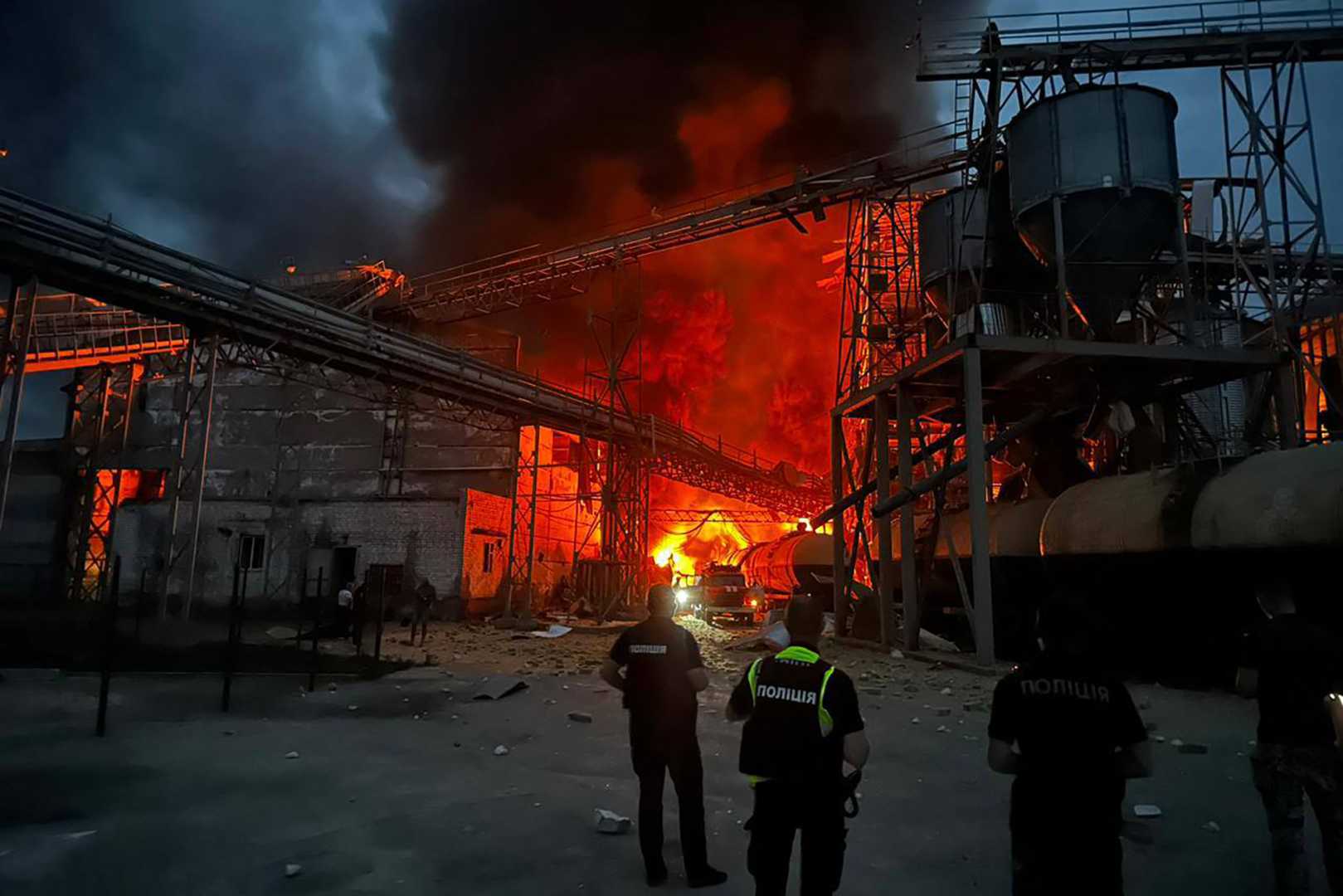News
Ukraine’s Drone Strikes Cause Major Fuel Shortages in Russia

MOSCOW, Russia — Ukraine has ramped up its drone attacks on Russian oil refineries, leading to severe fuel shortages and rising prices in various regions of the country. BBC Verify and BBC Russian report that these attacks have significantly impacted Russia’s oil supply chain.
In August and September alone, 21 of Russia’s 38 major refineries were targeted, marking a dramatic increase in assaults. This year’s attacks are already 48% higher than in all of 2024, indicating a sustained effort from Ukraine.
The drone strikes have resulted in long queues at petrol stations across Russia, with some independent garages ceasing operations out of financial concern. One petrol station manager stated, “We are trying to wait out the crisis rather than operate at a loss.”
Ukrainian President Volodymyr Zelensky has emphasized the importance of damaging Russia’s oil industry as a strategic move to pressure Russia into negotiations. “The most effective sanctions are the fires at Russia’s oil refineries,” he stated in a September address.
Recent attacks have reached targets deep inside Russia, including the Gazprom Neftekhim Salavat refinery, located over 1,100 kilometers from Ukraine. Satellite images confirmed significant damage at the site.
Ukraine has not only focused on major refineries but also on those closer to the frontlines that serve military operations. Recent analysis revealed that facilities in Samara and Saratov have been part of Ukraine’s targeting strategy, aiming to disrupt military logistics.
While it is hard to assess the full impact of the strikes on fuel production, at least ten refineries have either fully or partially halted operations since August. In response, Russian authorities have enforced rationing measures in places like Crimea, where fuel availability has worsened.
In the Far East and other regions, residents have reported increased petrol prices, and some gas stations are temporarily closing or limiting sales. Reports indicate that gasoline prices have surged, while wholesale costs have jumped by 40% since January.
Despite these pressing issues, residents in western regions of Russia, including Moscow, reported little awareness of the fuel shortages affecting other parts of the country. Kremlin spokesperson Dmitry Peskov assured the public that the situation is “under control.” Yet, Deputy Prime Minister Alexander Novak revealed that a partial ban on petrol exports would continue through the end of 2025.
The long-term effects of the drone strikes on Russia’s military capabilities and oil revenues remain uncertain, with the country still exporting crude oil unimpacted by the attacks. However, the situation is evolving as Ukraine continues its campaign, which analysts suggest may further degrade Russia’s military logistics and economic stability.












